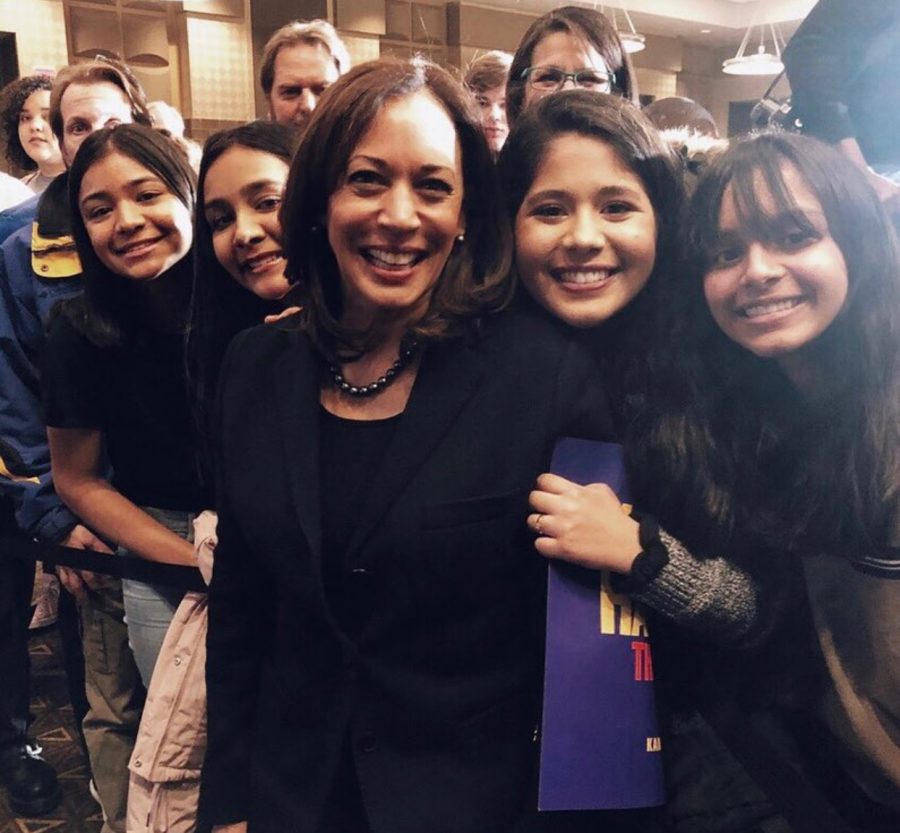Invigorated by perceived values of inclusion, many young people find themselves engaging with leftism in their phases of political passion. With accessibility to politics and political commentators being easier than ever thanks to the internet, a long-existing problem on the left has been re-emphasized: Sexism is ever-present in leftist places.
Scrolling through YouTube, a platform on which many political commentators upload their streams, you are likely to find creators such as Vaush and Hasan Piker. While their commentary may be interesting to young minds looking to engage with new perspectives, these male leftists have yet to evade outright misogyny from their takes.
On March 11, Vaush posted a video titled, “THE MORAL NECESSITY OF BEING SEXIST TO JK ROWLING (And Why I’d Do It Again),” in which he defends what he calls “ironically misogynistic” tweets he posted against Rowling.
When Piker was a part of The Young Turks (TYT), a progressive news commentary show, he was accused of being sexist in his criticism of conservative commentator Tomi Lahren in which he often “jokingly” commented on her physical appearance – something he certainly would not have done if Lahren were a male.
For left-leaning individuals, Rowling and Lahren are definitely not the most agreeable figures, but disagreement does not justify discrimination.
And male leftists do not just reserve their sexism for the women they disagree with.
Hardly a new phenomenon, leftist spaces – and political spaces as a whole – have been dominated by men. Fixated on redistribution of the wealth and public ownership, what they see as the most pressing exigencies, male leftists often fail to acknowledge feminist struggles.
“It’s frustrating because when I first started watching Hasan, I thought I had found a man who actually ‘gets it,’ but I was wrong,” said senior Josie Olderog, who used to be a fan of the aforementioned leftist political commentator Hasan Piker. “I think a lot of male leftists gain an ego from the validation that leftist women can give them for their views, and they often think that gives them a pass to voice their implicit misogynistic comments.”
Men often feel identifying with the left, and thus adopting the left’s reputation of tolerance and inclusion, means their misogyny is essentially excusable. Some men even use their leftist political affiliation as a ploy to make them more desirable to certain women. Commenting on what she refers to as the “sex-baiting culture around leftist academia,” Feminism in India author Halima Zoha Ansari wrote, “Allies to a cause are a welcome and refreshing change from the violent oppression that permeates the life of the oppressed classes from all directions, but using this ally-ship as a medium to get laid might not be the best praxis of your beliefs.”
Whether men’s leftism acts as a shield or a facade, its lack of legitimacy leaves many left-leaning women feeling lost, especially considering how imperative women are and have always been to leftism as an ideology.
“Aligning yourself with the left means your respect for women should be innate. After all, feminism is in the fabric of leftist history,” argued Lithium Magazine author Sarah Bennett, citing several early leftist efforts that women spearheaded.
But despite this, it seems the far left only masquerades as a hub of inclusion for women.
Bennett further broke down how sexism permeates in leftist spaces on social media. “r/LeftWingMaleAdvocates, a forum with 5,000 members, openly champions sexist ideas from the ‘left-wing perspective,’” she wrote. “On Reddit specifically, leftist men still hate women because they overlook how misogyny and capitalism interact. Sexism isn’t considered to be a leftist problem, though issues like the gender wage gap prove it very much is.”
Not only is misogyny deeply embedded in our everyday interactions, but it is upheld by a lack of representation in government, as well.
Senior Isaiah Pielak is a politically-involved student who described his political affiliation as “left-leaning.” The senior has been involved with the Democratic Socialists of America as well as the Bernie Sanders presidential campaign. As a young man interested in politics, Pielak has his finger on the pulse of current issues on the left.
He acknowledged that feminist struggles are not highlighted enough on the left. “The abhorrent and unconstitutional assault on human rights across the country has been largely accepted as inevitable and unchangeable. There have been no widespread efforts to curtail these attacks, and only minor attempts to increase protections in unaffected states,” Pielak explained. “There needs to be a much more aggressive movement to protect, preserve, and expand these vital freedoms. Without it, they will only continue to deteriorate, all of the progress made erased.”
He continued, “Struggles are prioritized by those that are struggling, which is what makes it so imperative to increase government representation of traditionally ignored groups.”
Women belong in politics.
But the left’s illusion of inclusion has made leftist spaces unsecure for women intrigued by such ideologies. It is when feminist struggles are prioritized – from our daily interactions to legislation and representation – that women will truly be able to feel empowered not just on the left, but across the spectrum of political affiliations.










